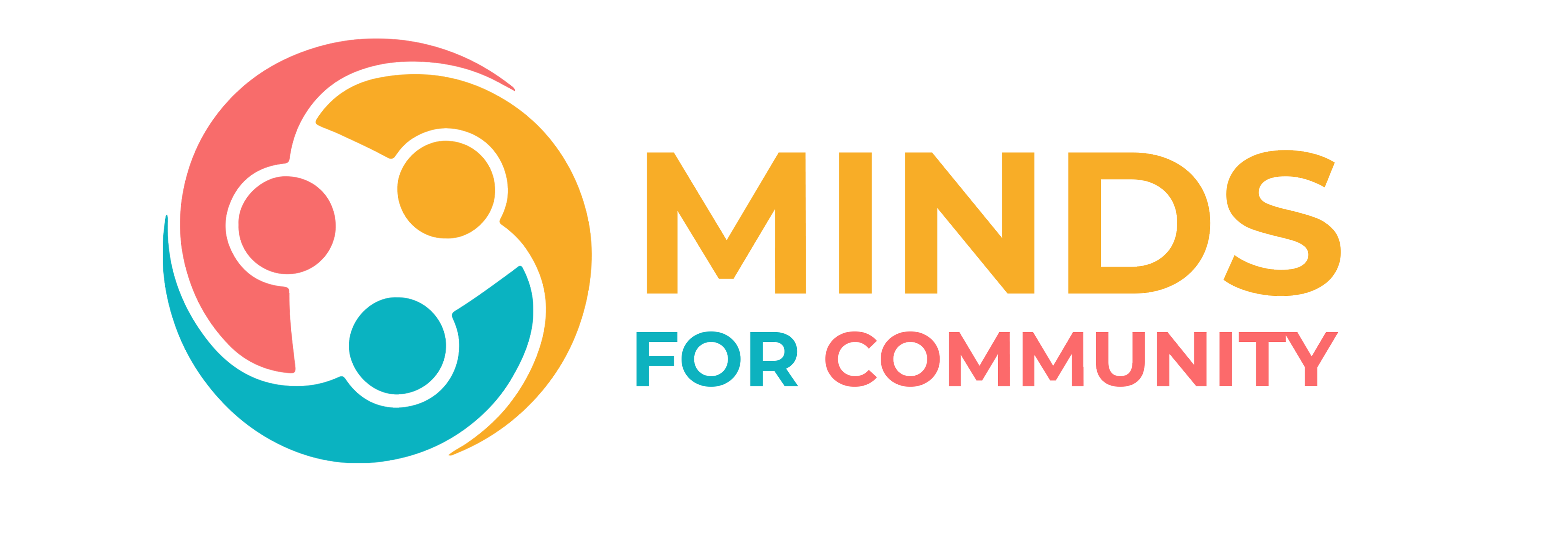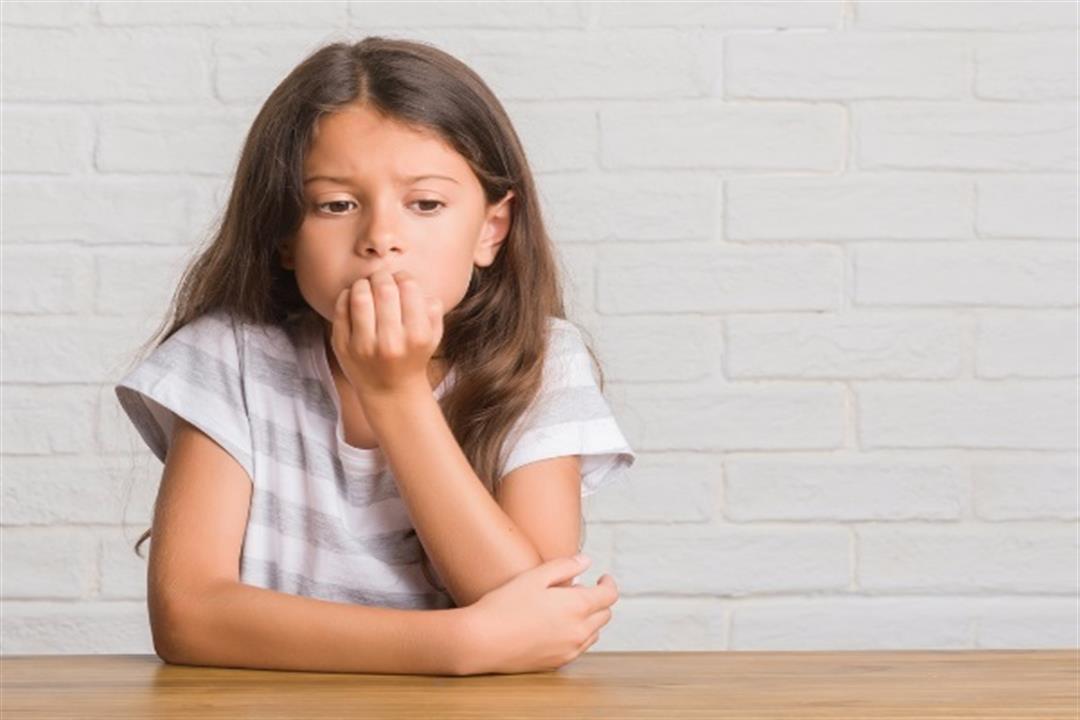Anxiety:
Anxiety is a natural human feeling that many children feel when facing problems or before taking a test or making an important decision. However, anxiety disorders are different and can cause a problem and interfere with the child’s ability to live a normal life. Anxiety disorder is an important psychological disease, and those with this disorder respond. They perceive certain things or situations with fear and dread, and they show physical signs of anxiety (such as: heartbeat and sweating).
Reasons for Anxiety Disorder in Children:
Children can pick up anxious behavior from being around anxious people, or some children may develop anxiety after stressful events, such as:
- Frequent change of home or school.
- Frequent quarrels between parents in the presence of the child.
- Death of a relative or close friend.
- Serious illness or injury in an accident.
- Too many exams.
- Schoolmates bullying the child.
- Exposure to abuse or neglect
Children with attention deficit hyperactivity disorder (ADHD) and autism spectrum disorders are more likely to have anxiety problems
Symptoms:
When a child feels anxious, he may be unable to express it in some cases. It may be noted:
- Easily irritable or crying.
- He is having trouble sleeping.
- He wakes up at night.
- He has bad dreams.
- -Lack of confidence, avoidance of trying new things, or inability to face simple daily challenges.
- Difficulty concentrating.
- Problems sleeping or eating.
- Temper tantrums.
- Lots of negative thoughts or keep thinking bad things will happen.
- Avoiding daily activities (such as seeing friends, going out in public, or going to school).
When to see a doctor:
If the child’s anxiety is severe and persistent and interferes with his daily life.
Treatment:
The type of treatment provided depends on the age of the child and the cause of his anxiety, as it can help the child understand what is making him anxious and allow him to work through the situation, in addition to:
Cognitive behavioral therapy: This is a talking therapy that can help a child manage their anxiety by changing the way they think and act.
Anxiety medications may be prescribed to a child by a doctor if his or her anxiety is severe or does not improve with talking therapies.
Protection:
Some children are more likely to develop anxiety when they experience trauma or stress, are abused, are bullied by other children, or when their parents suffer from anxiety or depression. Although these factors appear to increase the risk of anxiety or depression, only Knowing them alone helps in prevention and in reducing the chance of a child being exposed to anxiety.
Tips for parents when a child has anxiety:
It is important to talk to the child about his anxiety or fears, reassure him, and show him that you understand how he feels. If the child is old enough, explaining the anxiety and its physical effects may help him and have a positive impact on him. It is important for parents to help the child find solutions to overcome and overcome his anxiety. For example, if your child is worried about going to sleep, it is natural that you want to tell him not to go. However, this may mean that the child feels that his anxiety will prevent him from doing things. It is better to recognize his anxiety and suggest solutions to help him so that he can go to sleep.
There are methods to reduce anxiety in children:
- Help the child identify signs of anxiety.
- Encouraging the child to manage his anxiety and seek help when he needs it.
- Children of all ages find routine to be reassuring, so try to stick to a normal daily routine wherever possible.
- If the child is anxious because of traumatic events (such as: trauma or separation), look for books or movies that help him understand his feelings, as it may be an appropriate solution.
- If you know that there is a change coming (ex: moving to a new house), prepare the child by talking to him about the upcoming change and its reasons.
Try not to be overprotective or anxious about him.
Practice simple relaxation techniques with the child (eg: taking 3 slow, deep breaths, or inhaling for a count of 3 and then exhaling for a count of 3).
- Distraction can be beneficial for young children, for example if a child is worried about going to nursery, play games all the way to nursery.






